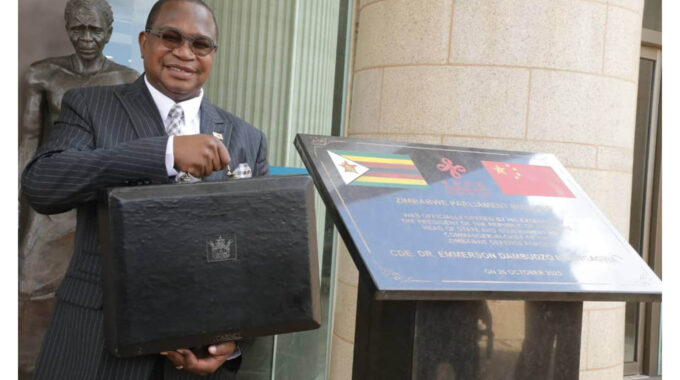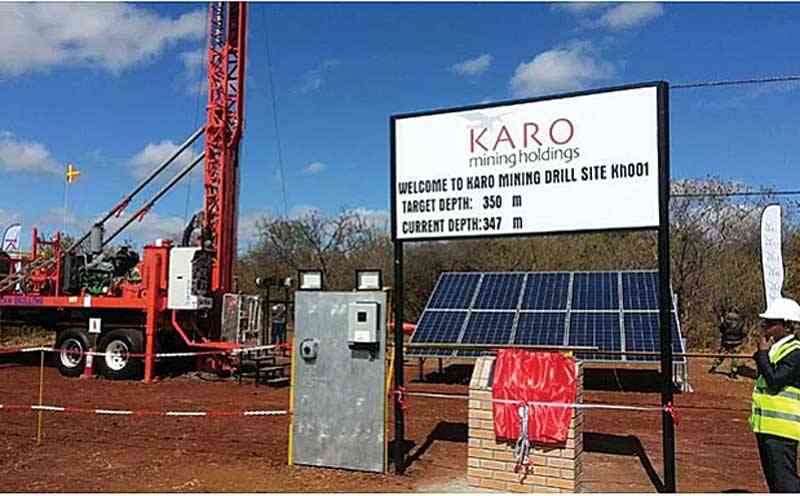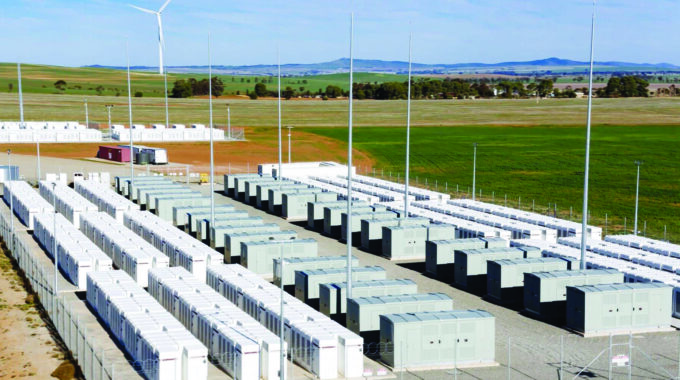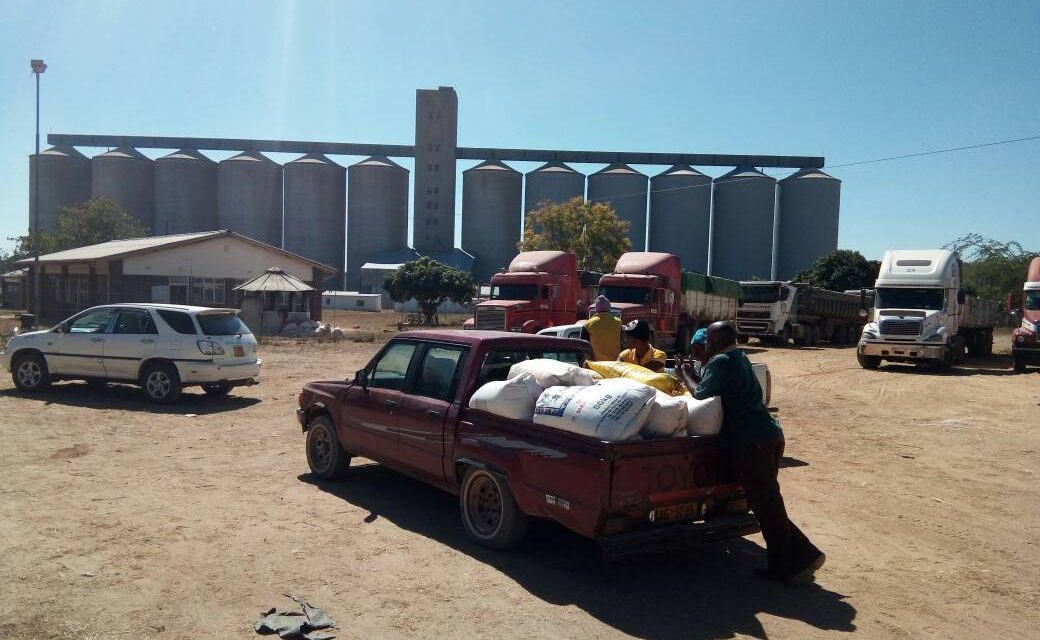Grain deliveries to GMB begin
MORE than 6 000 tonnes of maize have been delivered to the Grain Marketing Board (GMB) during the first three weeks of the 2021 marketing season, with authorities now finalising the setting up of hundreds of additional buying points in anticipation of increased deliveries over the coming weeks.
The grain marketing season opened on 1 April at nearly 1 400 buying points that have been set up countrywide, while an additional 400 are being established as the season progresses. All 84 GMB depots have begun operating daily, including on weekends, to facilitate uninterrupted grain deliveries, with supplies expected to start picking up next month.
The grain utility is paying $32 000 for a tonne of maize, $48 000 for a tonne of soya bean and $38 000 for traditional grains, according to a new producer price schedule published last week.
Government has set aside $60 billion to ensure timely payment of farmers, with the GMB undertaking to effect payments to farmers within 72 hours of delivery. Farmers who deliver their grain to mobile collection points will be paid within five days.
Lands, Agriculture, Fisheries, Water and Rural Resettlement Minister Dr Anxious Masuka said maize and other grain products have been declared controlled products, meaning that they can only be sold to designated buyers.
“The marketing season for maize, traditional grains and soya bean started on April 1, 2021. All the 84 GMB depots are open seven days a week. A total of 1 389 buying points have been identified for the convenience of farmers. A further 400 collection points are being identified. The target is to establish 1 800 buying points countrywide, one in each ward. Furthermore, the 772 cotton depots and buying points will be activated soon to receive additional maize and grains. The GMB has adequate grain bags, drying and storage capacity. Additional drying and storage capacity has also been secured with the private sector.”
Government, said Minister Masuka, was availing combine harvesters to farmers through the newly established Agricultural Finance Corporation Leasing Company (Agribank).
He said the GMB will be provided with adequate financial resources to mop up all available grain.
Zimbabwe expects to produce between 2,5 and 2,8 million tonnes of maize and 360 000 tonnes of traditional grains, in what is being touted as the largest yield achieved by the country since the Land Reform Programme commenced in 2000.
About two million tonnes of cereals consisting of 1,8 million tonnes of maize and 200 000 tonnes of traditional grains are expected to be delivered to the GMB. Dr Masuka said beneficiaries of Government’s Pfumvudza/Intwasa programme have been directed to deliver their surplus grain to the GMB.
“In terms of Statutory Instrument 145 of 2019 (for maize), SI 96 of 2021 (for cotton), and SI 97 of 2021 (for soya bean), all maize, cotton and soya bean are controlled products whose movement is restricted.
“The commodities must be delivered to designated contractors. Any side marketing of contracted commodities shall attract penalties. For the avoidance of doubt, all the 2,5 million households contracted under the Climate-Proofed Presidential Input Scheme (Pfumvudza/Intwasa) must deliver all their surplus to the GMB.
All the CBZ Agro-Yield supported farmers must deliver their maize and soya bean to the GMB.”
Grain harvested from previous seasons has been affected by post-harvest losses owing to storage challenges, but this year the parastatal is positioned to avoid losses. As a result, grain delivered to the GMB will undergo rigorous quality control tests.
“Pre-delivery quality testing of the grain will be done free of charge at any nearest GMB depot. This includes a moisture test. Only maize with 12,5 percent moisture content will be accepted. Dryers have been strategically located to assist farmers and GMB staff will also be visiting farmers to do quality checks before the maize is delivered,” said Minister Masuka.
Zimbabwe Farmers Union executive director Mr Paul Zakariya said increasing the number of mobile buying points will help farmers save on time and transportation costs. Mr Zakariya said the post-harvest producer prices were encouraging and measures should be put in place to combat profiteering in the marketplace. He said grain deliveries are expected to increase mid-May going forward.
Commenting on Government interventions that have spawned this season’s bumper harvest in an interview ahead of the country’s Independence Day commemorations, President Mnangagwa said the Pfumvudza programme was a game-changer.-sundaynews.co.zw











